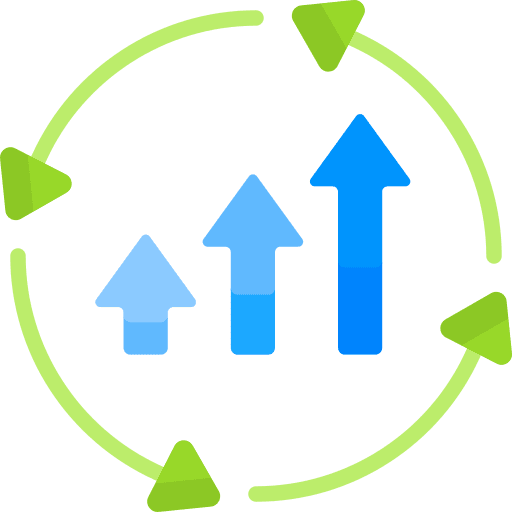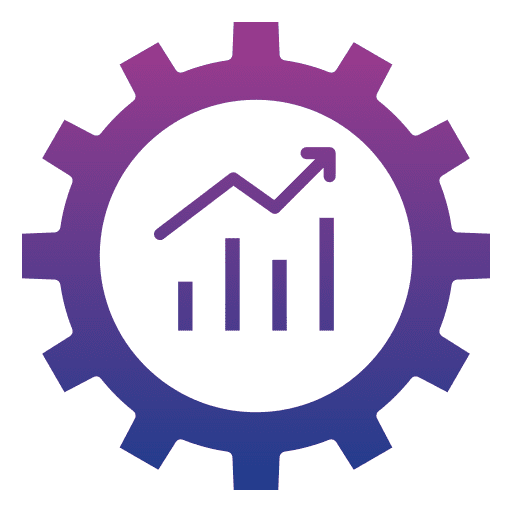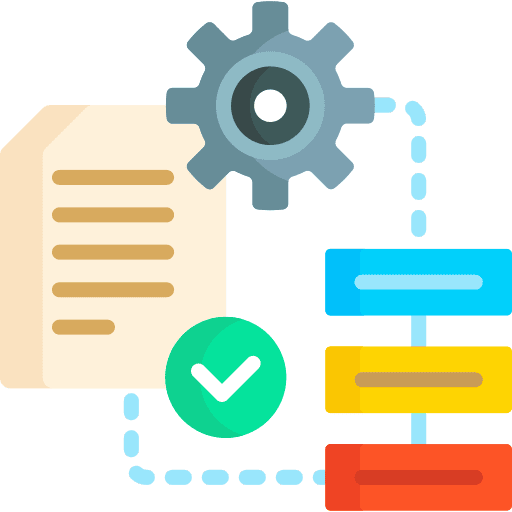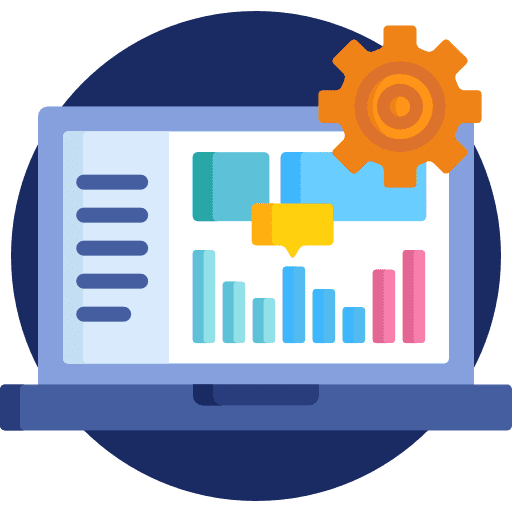The responsibilities and tasks of a Business Analyst encompass a wide range of activities that revolve around understanding business needs and driving effective solutions. Here are some key areas where Business Analysts excel:
Requirement Gathering: Business Analysts work closely with stakeholders to elicit and document requirements for projects. They employ various techniques such as interviews, workshops, and document analysis to gather comprehensive and accurate information.
Analysis and Documentation: Business Analysts analyze gathered requirements, identify patterns, and document them in a clear and structured manner. They create artifacts like business requirements documents, use cases, process flow diagrams, and data models to ensure a common understanding among stakeholders.
Stakeholder Management: Business Analysts act as intermediaries between business stakeholders and development teams. They facilitate communication, manage expectations, and ensure that all parties have a shared understanding of project goals and requirements.
Solution Assessment and Validation: Business Analysts assess proposed solutions against business needs and objectives. They conduct feasibility studies, impact analyses, and cost-benefit assessments to evaluate potential solutions and recommend the most suitable ones for implementation.
Process Improvement: Business Analysts identify opportunities for process optimization and propose improvements to enhance efficiency and productivity. They analyze existing workflows, identify bottlenecks, and suggest changes to streamline operations and achieve better outcomes.
Testing and Quality Assurance: Business Analysts collaborate with testing teams to define test scenarios, validate implemented solutions, and ensure they meet the specified requirements. They participate in test planning, conduct user acceptance testing, and facilitate defect resolution.
Change Management: Business Analysts play a vital role in managing change within organizations. They develop change management strategies, communicate changes to stakeholders, and address concerns and resistance to ensure smooth transitions and successful adoption of new processes or technologies.
Continuous Improvement: Business Analysts monitor project progress, gather feedback, and identify areas for improvement. They contribute to lessons learned sessions, share best practices, and seek opportunities to enhance their own skills and knowledge to stay updated with industry trends.




















